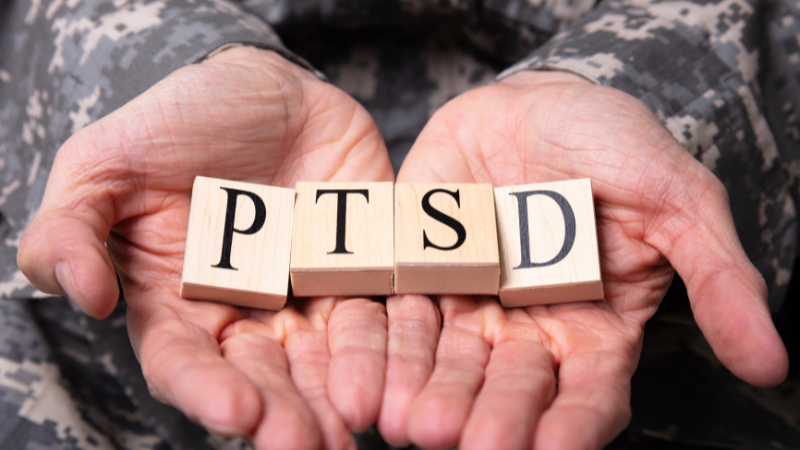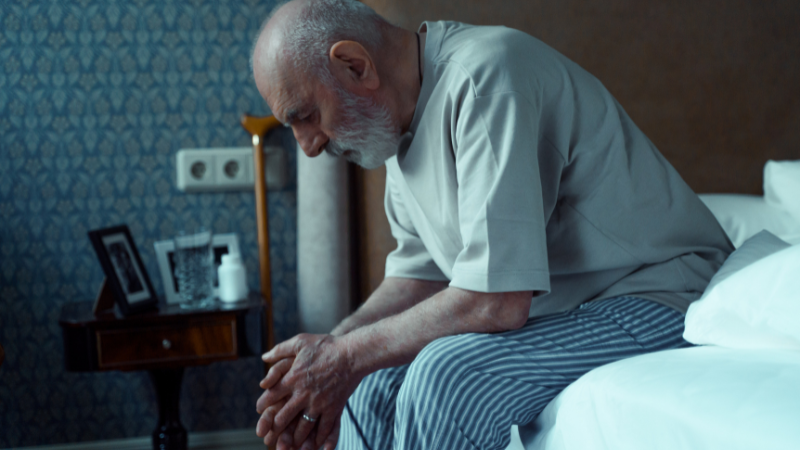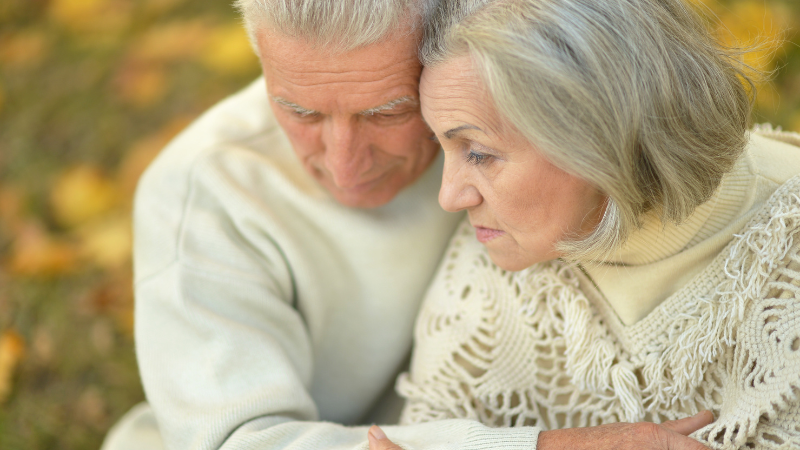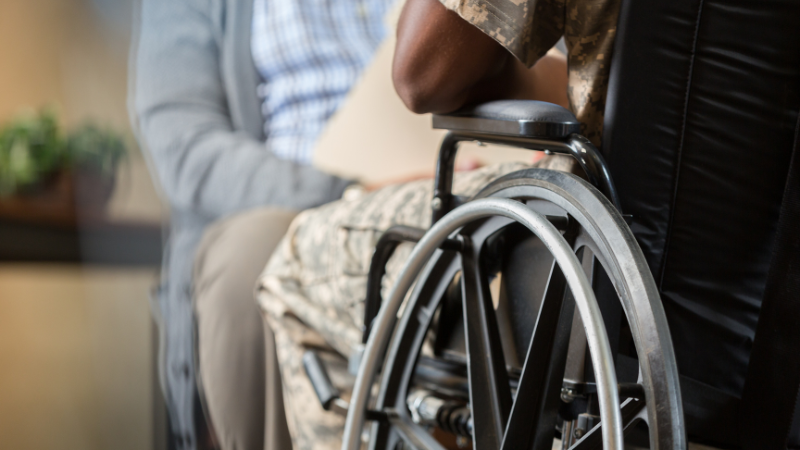

Post-traumatic stress disorder (PTSD) can occur at any age that a traumatic event occurs. In the elderly, PTSD presents unique challenges. Caregivers are urged to understand PTSD symptoms, what triggers them, and how to manage care so that seniors experience the best quality of life. PTSD manifests differently in different people. In the elderly, the condition is mistaken for other health issues, because aging brings a series of health-related changes. Caregivers need to understand the symptoms of PTSD and how to manage them, as older adults can show common signs.
What are PTSD Triggers?
Triggers are in themselves harmless; however, they can cause the body to react as if the danger is happening all over again. The brain becomes alert to dangers, causing the senior to feel frightened or their heart to race—even when they are safe. Potential triggers remind the senior of the traumatic event, before or during it. Triggers are typically tied to the older person’s senses. As a result, they may see, hear, touch, taste, or feel something that takes them back to the trauma.

People, whether their appearance or character traits, can be triggers for people with PTSD. A man with a beard who hit a senior might cause the older person to feel afraid of bearded men. People directly related to the trauma can also set off a PTSD response. Returning to the place of trauma, like a dark hallway, is often a trigger. Physical pain, and other sensations, are other common triggers. Older adult survivors of elder abuse, for instance, may suffer a flashback if they are physically touched, even gently, by a caregiver.
Objects can serve as unwanted reminders of the trauma. Since smells are strongly linked to memories, they can trigger PTSD symptoms. For instance, a senior who survived a house fire may feel upset when they smell smoke from the grill at a family barbecue. PTSD symptoms are often set off by watching television or movies and seeing someone experience a similar trauma. This is the reason watching devastating conflicts reported on the news and certain television shows and movies can be triggering for older people living with PTSD.
Other triggers exist, too, such as sounds that bring back memories of the trauma, and tastes, like alcohol, that serve as reminders and even anniversaries. A senior with PTSD is likely to have difficulty coping with a calendar date that is marked by trauma.
What are Tips to Manage PTSD?
Tip 1: Seek Therapy
Treatment for PTSD in the elderly should involve a therapist who specializes in PTSD. The ideal care plan includes an initial evaluation followed by regular appointments with a qualified mental health professional. Medication, like antidepressants or anti-anxiety drugs, offer relief for some seniors.
Therapies effective in treating PTSD include cognitive behavioral therapy, a type of talk therapy. During counseling sessions, the senior learns to recognize unhelpful thought patterns and change them to more helpful ones. General stress management therapy shows positive results, too.
Exposure therapy is a recommended option. The therapist exposes the elderly patient to past traumas under safe conditions. The senior gradually learns to face the situations that are triggering. Alternately, Eye Movement Desensitization and Reprocessing (EMDR) is a nontraditional approach to PTSD.
Tip 2: Practice Deep Breathing
Seniors who find themselves in a situation that triggers memories of the trauma may find the practice of deep breathing to be helpful. The body calms down when it breathes deeply and slowly. Older trauma survivors might try following a breathing pattern until the PTSD symptoms subside.
Tip 3: Use Grounding Techniques
Grounding techniques, used in conjunction with deep breathing practices, also lower anxiety. This PTSD management tip involves acknowledging five things they see around them, four things they can touch, three things they hear, two things they smell, and one thing they taste.
Tip 4: Validate Feelings
It’s also crucial to validate feelings of PTSD. This management tip may be difficult for the elderly to do, but it’s an integral component to successfully coping and healing. Triggers are calmed when seniors acknowledge the trauma is real and that their difficult emotions are justified.
Tip 5: Think Positively
A senior can overcome a PTSD trigger with positive thinking. It’s an effective way to redirect the anxious brain to something more pleasant. Encourage the older adult to think of their favorite hobby or beloved grandkids—anything that conjures up feelings of happiness. Managing PTSD successfully requires that the elderly understand what to do when they face triggers. The abovementioned coping techniques can help the senior experience a calmer mental state. Older people might also feel better having a family or professional caregiver around them.

PTSD can affect people of any age but it is a common issue among veterans who’ve fought to protect the nation’s freedoms. If your elderly loved one suffers from PTSD, the compassionate VA home care from Assisting Hands Home Care can be an invaluable source of support for them. The aging veteran might be prescribed medications to manage PTSD symptoms. Our professional caregivers provide timely medication reminders so they stay on top of their medication schedule and reap the health benefits. We also provide transportation and escort to the therapist’s or doctor’s office.
In-home care services are provided. Caregivers prepare nutritious meals following the senior’s dietary restrictions. We shop for fresh groceries, too. Light housekeeping is performed to keep the home clean and comfortable. The home is assessed for fall risks and hazards are removed. Our elder care services keep aging veterans independent at home. With quality support, seniors have the opportunity to age in place, remaining close to their family, friends, and community. Plus, when basic care needs are taken care of, older adults can focus on addressing their PTSD symptoms.
Whether your aging loved one would benefit from respite care, live-in care, or any other care option, Assisting Hands Home Care will customize a care plan to meet their needs. We serve seniors in Sarasota, Florida. Schedule your free in-home assessment and see how home care elevates quality of life.

